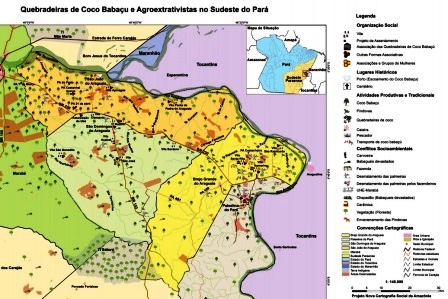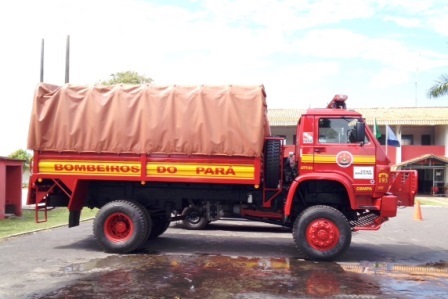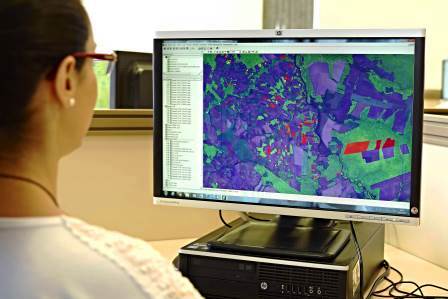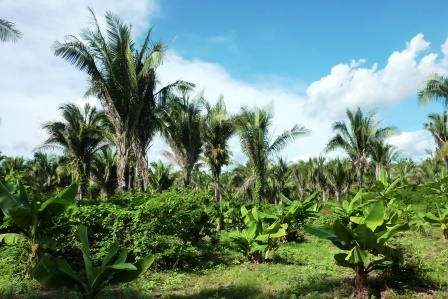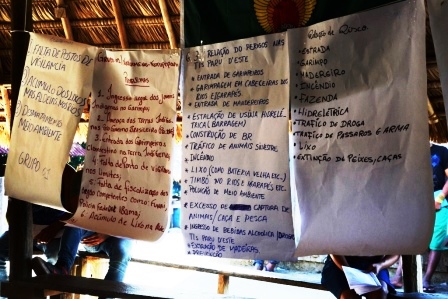CONTEXTUALIZATION
The advancement of forest fires and unauthorized burning in the Amazon, Cerrado, and Pantanal biomes has demanded an urgent and integrated response from the Brazilian State. In 2024, the country faced a critical and atypical fire scenario, with severe impacts on native vegetation—especially in the Pantanal (in proportion) and in the forest formations of the Amazon and Cerrado—worsening the ecological vulnerability of these regions.
The implementation of the National Policy on Integrated Fire Management (PNMIF), established by Law No. 14,944/2024, adopts a planned and coordinated approach to the controlled and conscious use of fire. It regulates and promotes interinstitutional coordination related to integrated fire management, the reduction of the incidence and damage caused by forest fires across the national territory, and the recognition of the ecological role of fire in ecosystems, as well as respect for traditional knowledge and practices of fire use. The policy sets forth guidelines, principles, and instruments for integrated fire management, fostering collaboration among the federal government, states, the Federal District, municipalities, civil society, and private entities, aiming to reduce the incidence and damage caused by forest fires and to acknowledge the ecological role of fire.
Given the relevance of this policy for forest conservation, the Action Plan for the Prevention and Control of Deforestation in the Legal Amazon (PPCDAm), whose guidelines must be observed in the application of resources from the Amazon Fund, included in its fifth phase, under Objective 6 “Prevent and combat the occurrence of forest fires,” the action line 6.1.2: “Implement the National Policy on Integrated Fire Management (MMA/MDA).
THE PROJECT
The project aims to support the implementation of the National Policy on Integrated Fire Management (PNMIF) by strengthening actions for monitoring and controlling forest fires and unauthorized burning. It will support the Military Fire Departments and forest brigades of Mato Grosso do Sul, Minas Gerais, Goiás, Bahia, Piauí, and the Federal District, as well as the National Public Security Force, with the goal of enhancing response capacity in the face of worsening forest fires.
The project's intervention logic is structured across three scales of action: local, state, and interstate.
- At the local scale, the project seeks to enable the operations of public, volunteer, or community brigades—provided they are registered with the Military Fire Departments of the respective states—for prevention and first-line defense.
- At the state scale, the project aims to strengthen the capacity of the supported Military Fire Departments to prevent and combat forest fires and unauthorized burning.
- At the interstate scale, the project intends to support the operations of the National Public Security Force in situations that exceed the operational capacity of the states, when technical and logistical reinforcement is needed for the prevention and combat of forest fires and unauthorized burning, including the possibility of integrated operations in federal territories.
The project is the result of an interministerial effort involving the Ministry of Environment and Climate Change (MMA), the Civil House, the Ministry of Justice and Public Security (MJSP), the Ministry of Integration and Regional Development (MIDR), the Ministry of Management and Innovation in Public Services (MGI), state governments, and other partners. Its formulation was also based on discussions held within the Permanent Technical Chamber for Interfederative Coordination of the National Committee on Integrated Fire Management.
Investments include the acquisition of over two hundred vehicles, such as 4x4 pickup trucks equipped with fire-fighting kits and specialized vehicles, including forest water pump trucks (ABTF), water pump and rescue trucks (ABTS-1), tow trucks, and cargo vehicles. Approximately four thousand individual-use equipment items will also be acquired, including backpack pumps, blowers, portable GPS devices, and drones. Each beneficiary state must formalize a partnership with the MJSP, outlining responsibilities and commitments, including those directly related to the implementation of the National Policy on Integrated Fire Management, as recommended by the policy’s governance bodies.
INTERVENTION LOGIC
The project is part of the “Monitoring and control” (2) component of the Amazon Fund Logical Framework, contributing to Direct Outcome 2.1 – Environmental monitoring, control, and accountability institutions structured and modernized.


